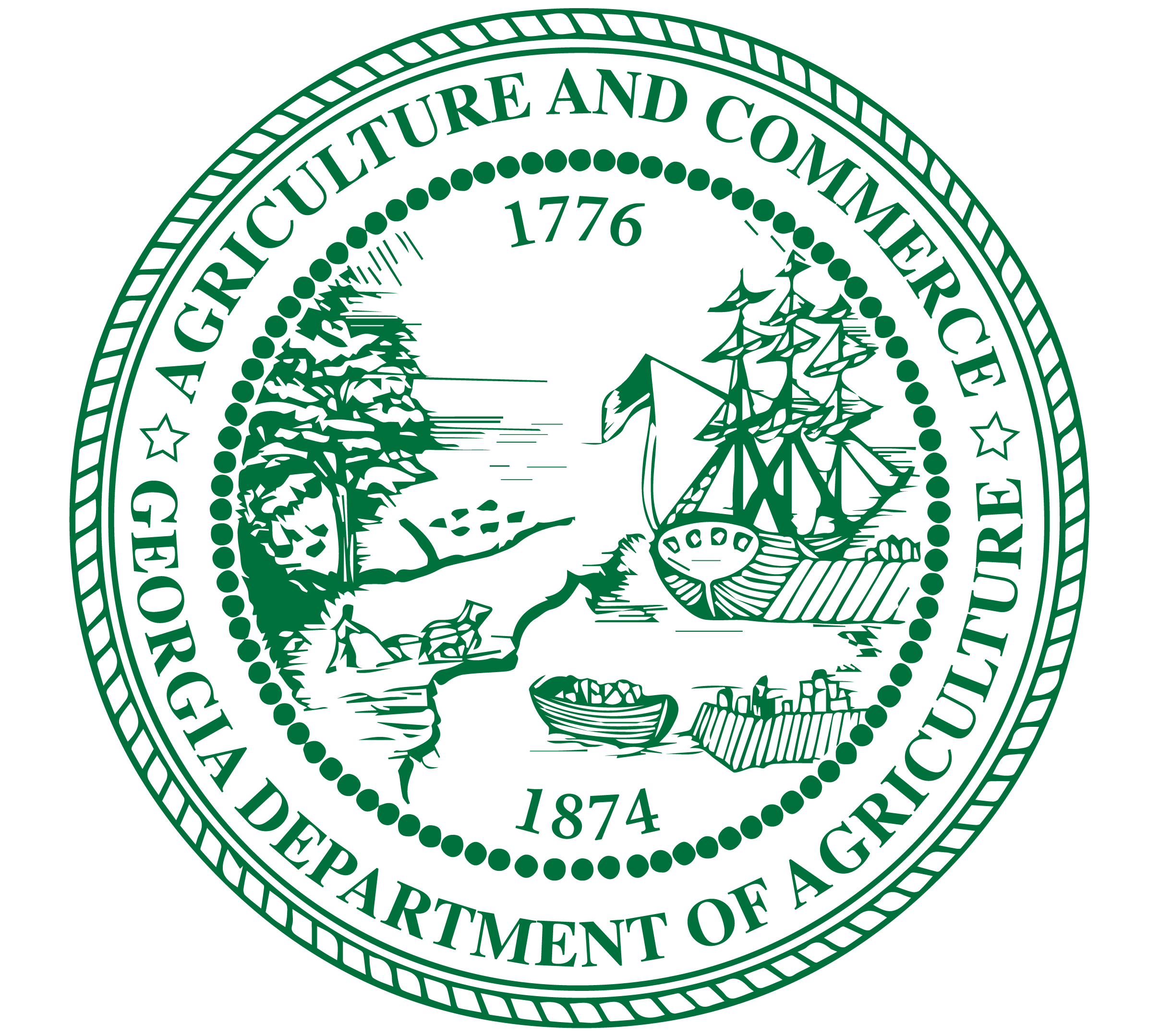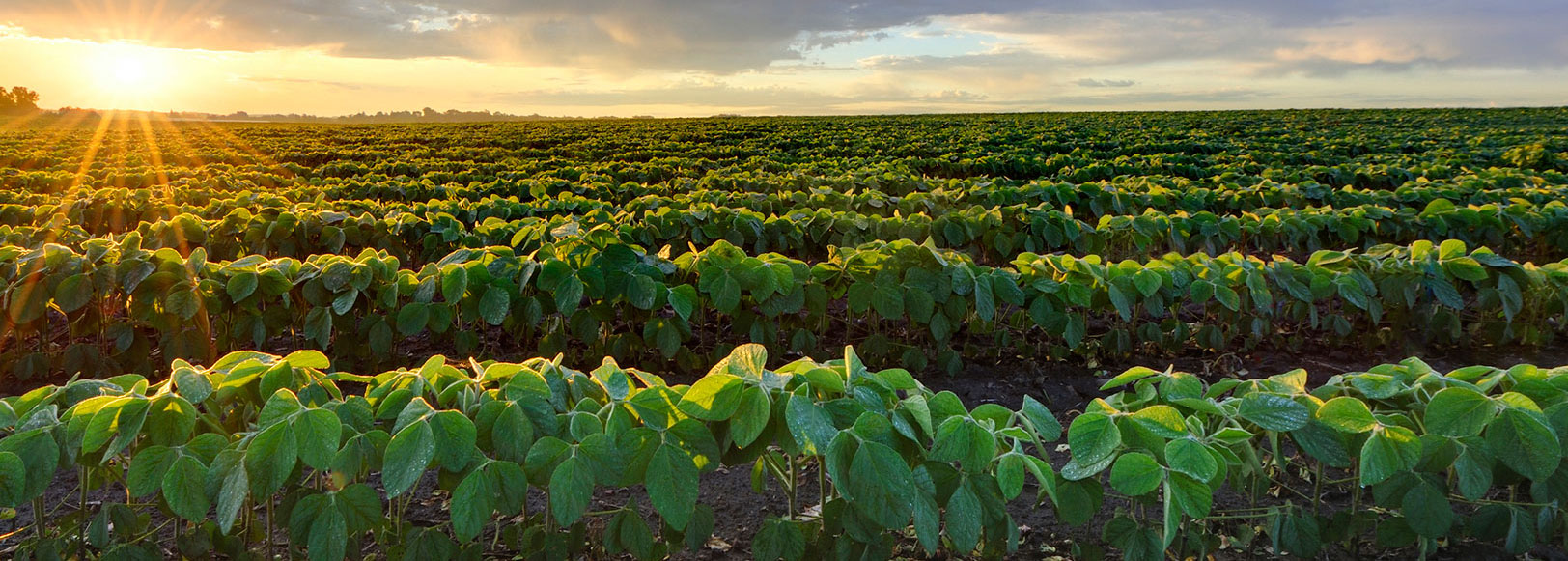 Pierce County school students show off their Ag bingo cards during the May Georgia Ag Experience mobile classroom visit in Blackshear. The mobile classroom and the state of Georgia's new elementary agricultural education curriculum seeks to build an understanding of Georgia's agriculture sector in grades K-5. (GFA/Special Photo)
Pierce County school students show off their Ag bingo cards during the May Georgia Ag Experience mobile classroom visit in Blackshear. The mobile classroom and the state of Georgia's new elementary agricultural education curriculum seeks to build an understanding of Georgia's agriculture sector in grades K-5. (GFA/Special Photo) By Jay Jones
jay.jones@arg.georgia.gov
Editor
Editor's note: The Market Bulletin is offering a two-part series on teaching agriculture in Georgia schools this month as students return to class. This issue will spotlight ag education in elementary schools. The Aug. 23 Bulletin will spotlight ag education in middle and high schools.
Agricultural education at the elementary school level is coming into its own in Georgia after a pilot program established the curriculum, which is the first of its kind in the United States.
Robbie Wilkes teaches the ag curriculum to K-5 grade students at Northwest Laurens Elementary School near Dublin. She believes agriculture is for everyone. She said the subject allows students to explore and learn, even if they struggle in other classes like math or reading.
“But when you walk into the ag classroom, it’s for everybody. Everybody can get their hands dirty. Everybody can pet an animal. Everybody can get outside and do something productive that way,” Wilkes said. “And that’s what motivates me to keep doing what I do because those students who struggle in their regular classrooms thrive sometimes in my classroom.”
Georgia developed the ag curriculum during a three-year pilot program at selected schools that ended in 2021. Last year, 26 elementary schools offered students ag education for the first time. This year, 39 elementary schools have an ag curriculum.
Wilkes, who has been teaching for 17 years and the last three years teaching elementary agriculture classes, said the state standards help her keep on track in setting lessons and themes. She focuses on literacy and vocabulary with the younger grades.
“Because my certification is in early childhood education, I understand that those ages, kindergarten through second grade, it’s important to get those foundational skills,” she said.
For her third through fifth grade students, the work is more hands-on and investigative. “They’re able to read on their own and do a little bit more independent work.”
Wilkes attended a national conference of ag teachers in Orlando this summer, and she hopes to use some of the ideas learned there. Her goals for this school year are to establish an Ag Club and bring community experts into the classroom.
“I am looking at either pulling in a former FFA student who is in college and wanting to go to school or who is going to school for floral design alongside a florist from our community to come in and just talk about the business side of things, but also bring fresh flowers and have students take home a bouquet after they’re finished,” Wilkes said.
Billy Hughes, program manager for agricultural education at the Georgia Department of Education, said in his annual report that Elementary Agricultural Education (EAE) is thriving in its second year. There are 46 EAE teachers in Georgia across 39 elementary schools.
“These teachers are developing our middle school, high school, and adult learners,” Hughes said in the Georgia Ag Ed annual report. “More importantly, EAE teachers are ensuring students have truthful knowledge about agriculture and develop an appreciation for our largest and greatest natural resources.”
An outside resource that seeks to help elementary agriculture education is the Georgia Foundation for Agriculture’s Georgia AG Experience mobile classroom that targets students in grades 3-5.
GFA Executive Director Lily Baucom explained it is now more important than ever to introduce career possibilities to young children. She said one in seven people in Georgia work in agriculture, but that workforce could shrink. The average age of a Georgia farmer is 58 years old, and many students are 3-4 generations removed from the farm.
Baucom noted that 4-H and Future Farmers of America do great work at the middle and high school levels. GFA was spurred to focus on elementary-age children when Georgia started the elementary ag education pilot program in 2019.
“Everything we do at the mobile classroom is through a lens of technology and showcasing the future of farming so that it’s presented like an exciting career that involves a variety of different skills,” Baucom said. “We always focus on careers from anything like finance or veterinarian (science) that may require a college degree all the way to social media manager or tractor equipment technician just to show that there are pathways for students regardless of the degrees they pursue.”
The mobile classroom is a 36-foot gooseneck trailer fitted with eight different stations. Seven stations focus on different commodities in Georgia; each station has interactive games or a physical example of technology used in agriculture. The last station surveys the children and provides three recommended careers based on their interests.
Baucom said the mobile classroom curriculum was developed with the University of Georgia and follows the state’s elementary ag standards.
The mobile classroom has visited over 40,000 students since the program started. Baucom said a goal is to visit every county in the state. The GFA has also recently started a fellowship program that Wilkes is participating in that invites ag teachers and non-ag teachers to learn about incorporating agriculture into the classroom.
“We’re going around the state and interacting with new schools and teachers who say, ‘Okay, now I’m interested, how do I get started?’ We have a fellowship program that we can recruit them into in order to develop more professional development skills for teachers,” Baucom said.
To learn more about the GFA’s mobile classroom, visit www.georgiaagexperience.org. To learn more about ag education in Georgia, visit www.georgiaffa.org.


